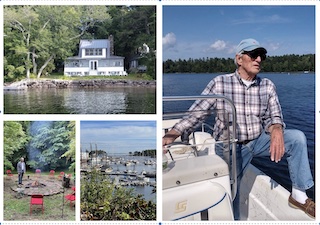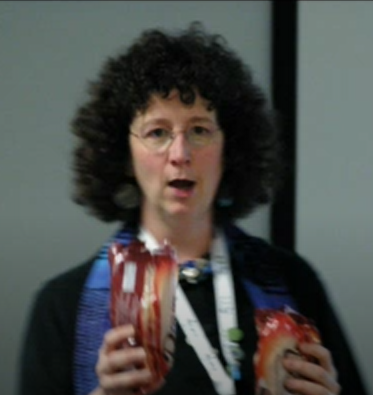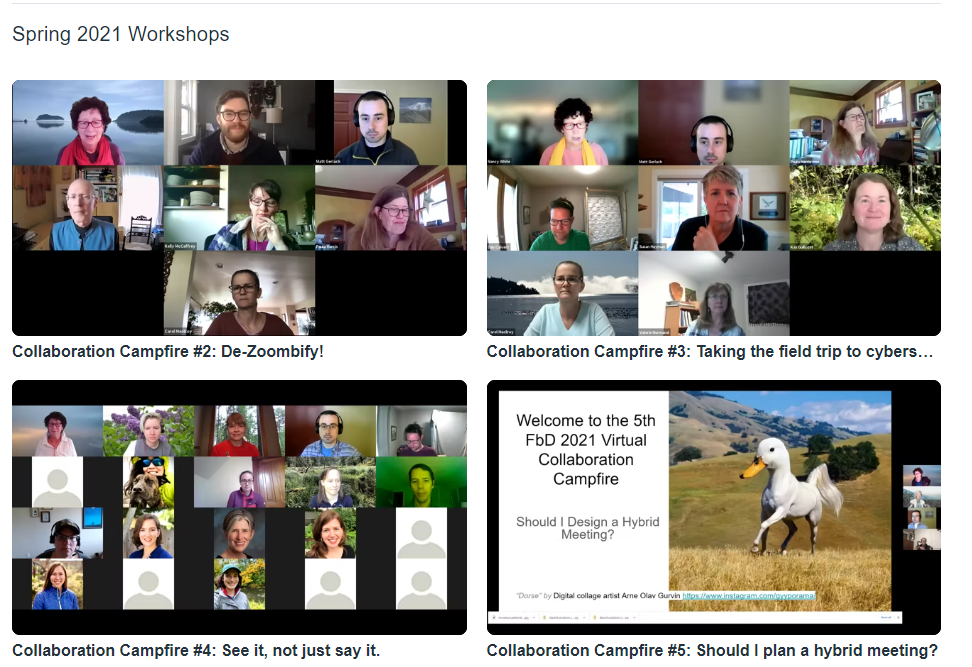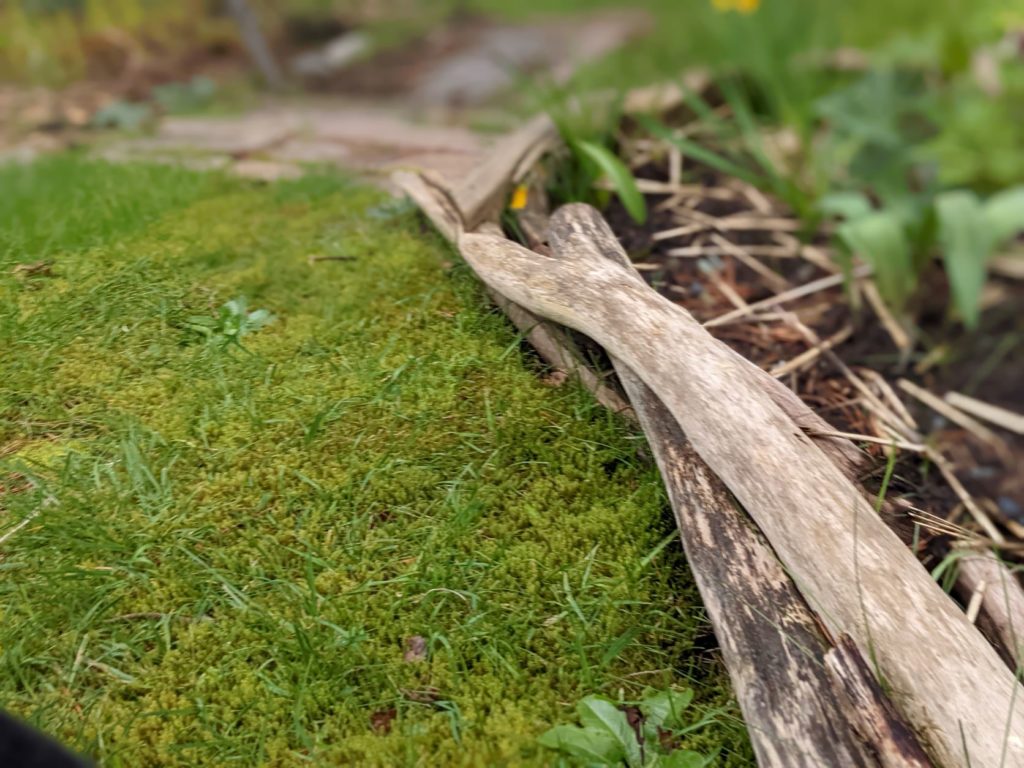Open Space Technology and the amazing people who stewarded it in the world were and are some of my most important teachers. One of them was the person who birthed OST, Harrison Owen, who passed away earlier this month into the largest Open Space ever. There will be an online OS to celebrate and remember Harrison. Here are the details, shared with encouragement to share widely.
Honoring Harrison Owen ~ A community comes together
“Camden by the Sea, Virtually and Globally”
April 8th is when it starts… 10AM Eastern USE Time/7am Pacific US Time
Place and Space: on ZOOM
https://us06web.zoom.us/j/5694939869?pwd=YUY3Q3puekZ5THljNjFoU2dCTjNuQT09
Greetings!
It is time for us to gather and to honor Harrison Owen; to share stories and to express our love for him and each other.
Two weeks have gone by since he died on March 16th, 2024.
Such sadness and grief we have all felt and are still feeling.
The expressions of love and gratitude from around the world for Harrison have been overflowing; the stories of Open Space moving and inspirational. In planning this upcoming virtual gathering, Barry Owen carried the Open Space torch for his dad. Trusting we should leave the space open, not rushing too fast in setting a time and place for us all to meet. It’s how it is when we sit in a giant circle, with lots of space in the middle, writing and announcing our topics. It’s what people have done, head and heart, with such passion and emotion.
Barry also reminded us in the planning: “to not work too hard”. It’s what dad would have wanted, he said.
So, he, I and others, have waited until NOW, until the right time to invite everyone. Day by day, the pieces for this future reunion came together.
Why not create a Virtual Gathering that has the spirit of Camden by the Sea? Back then, Harrison would simply rent a space, tell people where and when, and that was it. The stories from those days live on, beautiful memories of Camden Maine, the place that Harrison called home to the very end.
We then called Lucas Cioffi at QiqoChat. Can you help us? We wanted to take a minimalist approach. As always, Lucas was quick to support our ideas.
Together we imagined the Law of Two Feet in action with multiple Zoom breakout areas for conversations and blank spaces to write notes and post pictures. Nothing more. No formal facilitation or hosting, just us, welcoming each other together, holding, and opening more and more space. Trusting this beautiful process of Open Space that is so much more.
Harrison’s presence would be felt, as our official facilitator. After all, he’s already opened the space for us and is holding it still while napping along the way.
The date of the gathering came to us in a flash. Why not April 8th to get this started, on the day of the Solar Eclipse. There seemed to be such significance to that date, as if a cosmic inspiration, the 8th day of the 4th month of 2024. Harrison at age 88 being the pure expression of an infinity symbol. And indeed engaging 8 billion people in meaningful conversations is a timeless endeavor.
We also decided that there would only be a start time (10 AM, Eastern Time), no end time, again in the spirit of Open Space “when it’s over it’s over” which implies that life in Open Space will never be over.
The intent is that people from around the globe will flow in and out, on their own time zones for a day or two or more. As for every closing circle, it will be over when it’s over.
Everyone is invited: Harrison’s family and friends, our global Open Space community and so many other colleagues and friends from around the world.
Please help us spread the word ~ everywhere, anywhere and in any way.
With love,
Barry, Suzanne, Lucas, and many others



